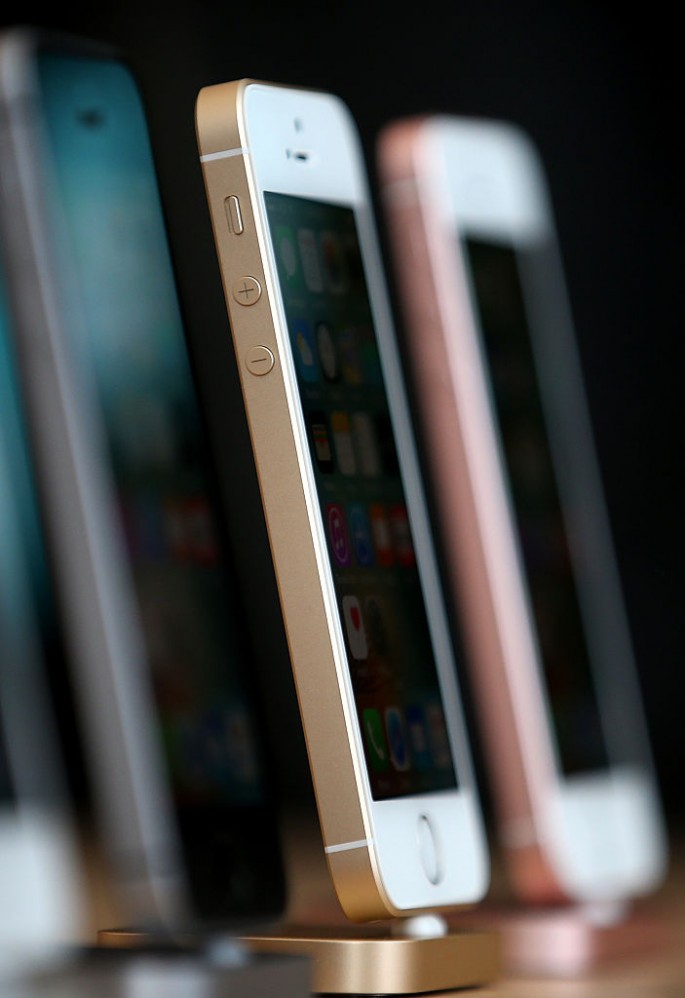The latest statistics on Apple's iDevices sales show that iPad and iPhone are not performing as well as before. This, as analysts claim, is tied to the stiff competition from Windows-powered 2-in-1 PCs, which offer better user experience and reliability.
According to ZD Net, iPads, iPhones, and Android tablets are no match for 2-in-1 PCs when it comes getting work done. The later possess better multitasking capabilities, better switching of apps and tabs in browsers, as well as other features like split-screen support.
On the other hand, even as Apple and Google try to shoehorn such features into iOS and Android devices, their usability and reliability do not approach perfection. Instead, these platforms end up moving further away from values of simplicity.
In other words, iPads and Android tablets were not designed to carry out such tasks. Even after a decade of improvements and tweaks, they still cannot come close to Windows in terms of raw usability.
And considering that Windows is the only PC operating system that powers 2-in-1 systems, other operating systems like Linux and MacOS are left at a disadvantage. They may offer the same multitasking capabilities just like Windows, but then again, their inflexibility with devices is a major drawback.
Moreover, with Windows, consumers can enjoy using the latest Operating system version in their 2-in-1 PC at an extra cheaper price advantage compared to that of the iPad. Hence, 2-in-1 PCs are now performing well in sales than their iPad and Android tablet counterparts.
Apple's financial statistics in the second quarter of 2016 show that the company suffered a 10-million unit drop over one year in iPhone sales, down to 51.2 million. The case for iPads was not different either. iPad sales plummeted down to 10.2 million units.
In the same period in 2015, Apple had sold 61.2 million iPhones, an increase from 43.7 million recorded in 2014. The iPad, nevertheless, had continued to struggle then, just as now.
According to Tech Opinions, Apple is now trying to employ countermeasures to deal with its dropping sales. It has even included iPad Pro and iPhone in 2016 back-to-school promos with a hope of boosting its iDevice promotions.
To heighten the bad situation, Apple did not unveil the speculated MacBook during its Worldwide Developers Conference in June, leaving the company at a "pause in growth." If iPad and iPhone devices are to keep up with the competition, the company will have to combat 2-in-1 PCs in a fresh way.
Watch why Apple's revenues are dropping here:



























